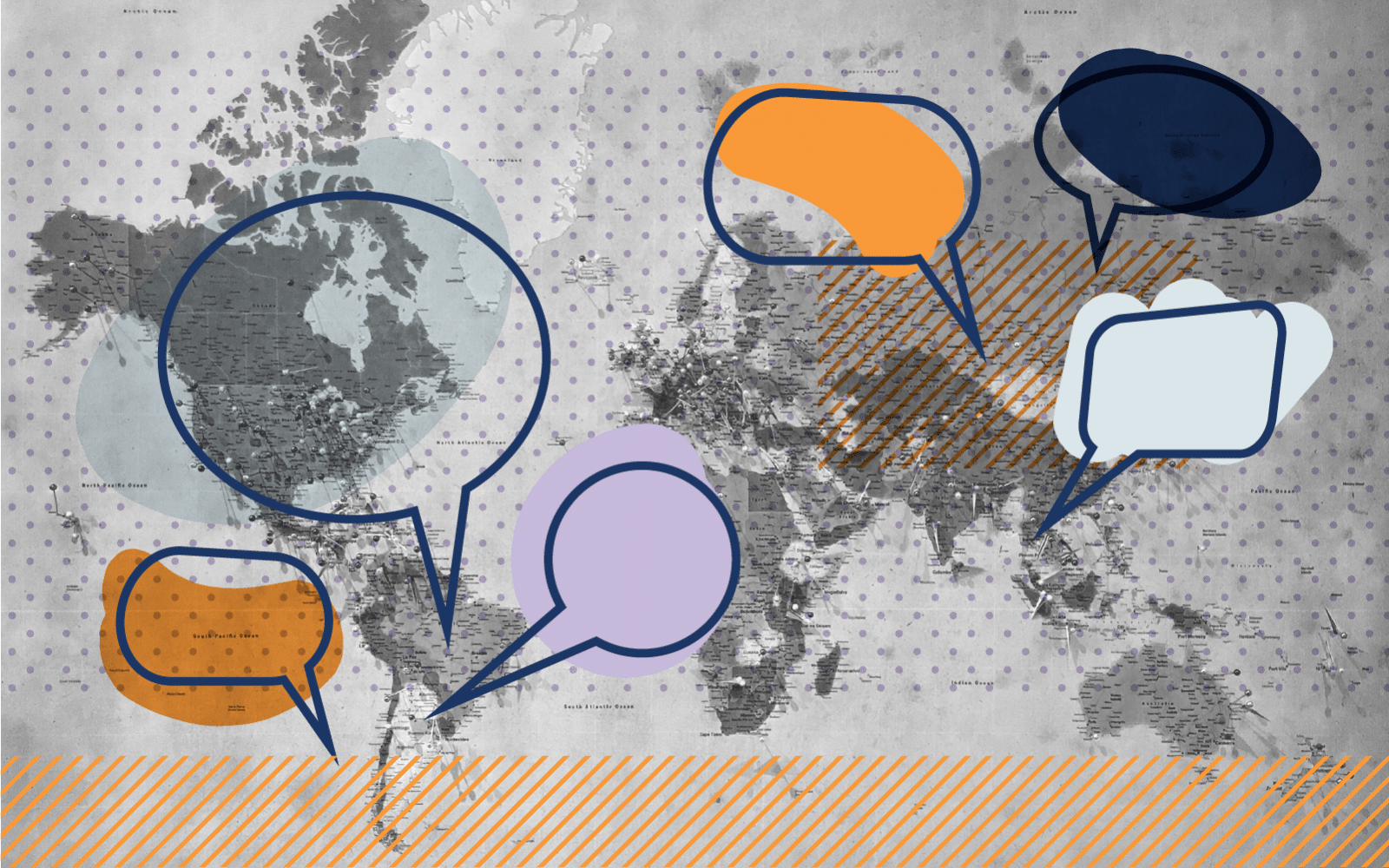To celebrate the Peace Corps' 50th birthday on September 22, Change inSight will be bringing you impact stories from current and returned volunteers from around the world.
Since returning from the Peace Corps five months ago, I sometimes find myself questioning “changemaking” from the perspective of nature versus nurture: How much of one’s ability to transform systems derives from inherent personality traits, and how much results from trainings, experiences, and interactions acquired over time?
Although I may never determine the exact breakdown, I can attest that changemaking is not 100 percent intrinsic. Through 27 months of service in the Dominican Republic, I experienced firsthand the power of one institution to cultivate in volunteers the same characteristics that my organization, Ashoka, seeks in its Fellows.
The Peace Corps creates agents of social change by putting volunteers in situations where new ideas, social impact, entrepreneurial quality, creativity, and ethical fiber are integral to success. Determined not to sink, Peace Corps Volunteers cling to these buoys as lifelines, learning to swim as they design approaches to solving societal problems.
For two years, the Peace Corps forced me to try on the shoes of a social entrepreneur. Every time a new idea for a project popped into my head, I learned to put it through a knock-out test: Is this innovative? Is it feasible? Is it transformative? Why hasn’t my community attempted this in the past?
Next came analysis of social impact: Will this idea actually solve a social problem? How will we spread it, and who will benefit? What will motivate Dominicans to jump on board? Will this change a system, or just provide a service?
At this point, it is premature to tell if any of my projects will truly transform a system in the long term. However, Peace Corps Dominican Republic can be thanked for fostering the qualities other volunteers needed to begin scalable projects such as Escojo Mi Vida, an adolescent health education program that both Dominicans and Americans now replicate country-wide, and Construye tus Sueños, a business plan curriculum and competition that has increased opportunity and income for youth in both rural and urban areas of the DR and Haiti.
Peace Corps recognizes that volunteers will not unlock their full potential unless they are taught to draw upon entrepreneurial spirit, creativity, and ethical fiber. The questions never ceased: how, strategically and tactically, will my community and I carry out this project? How will we uniquely address challenges, obstacles, and setbacks? What is our vision, and who do I trust to co-create with me openly, honestly, and passionately?
I pondered these concerns partially because of instinct, but also because Peace Corps supervisors encouraged us to ask them, and critiqued us based on our reactions.
In transforming idealistic Americans into pragmatic, effective innovators in a matter of months, Peace Corps creates a wave of sea changes. It digs at the root cause of social problems with the intention of resolution.
It teaches members of the hosting community to be changemakers as well through their direct collaborations and interactions with their volunteer. Last and not least, it provides private, public, and social sector institutions with seasoned intra- and entrepreneurs who will continue to leverage the skills obtained.
